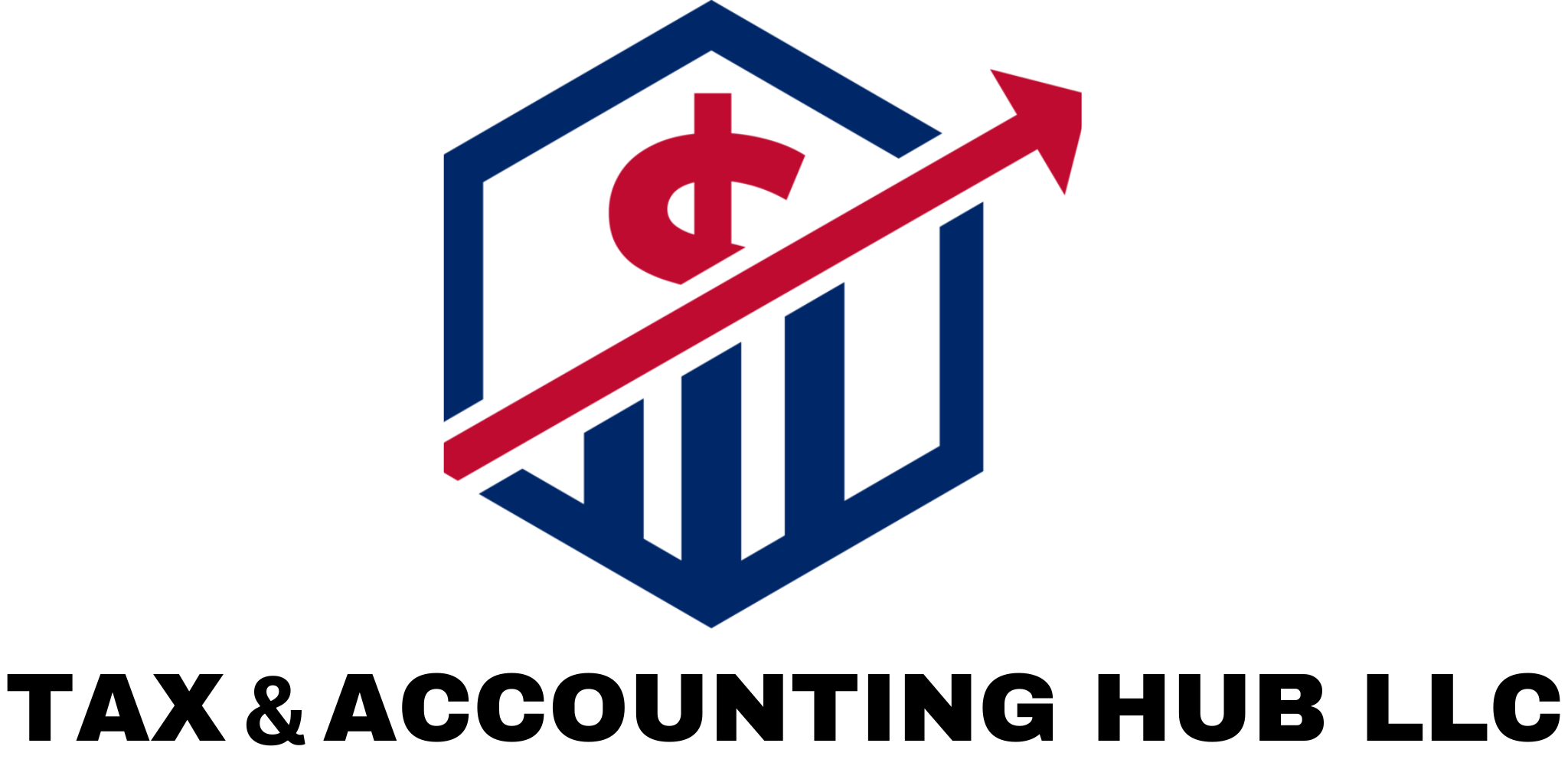Accounts payable (AP) is critical to managing a company’s cash flow and overall financial health. It involves handling invoices, processing payments, and ensuring that vendors and suppliers are paid on time. However, manually managing accounts payable can be time-consuming and prone to errors. This is where automating accounts payable comes in. By automating key parts of the AP process, businesses can save time, reduce costs, and improve accuracy.
In this article, we’ll explore 5 ways to automate your accounts payable and dive into the role that outsourced bookkeeping plays in making the entire process smoother and more cost-effective.
What Is Accounts Payable Automation?
Accounts payable automation is all about using technology to make it easier to manage bills and payments. Instead of doing everything by hand—like typing in details, checking invoices, or planning when to pay—this software takes care of those tasks for you. The main idea is to save time, cut down on mistakes, and ensure payments are handled correctly and on schedule. This process can streamline everything from entering information to getting approvals, making handling financial tasks easier and more efficient.
How to Automate Accounts Payable Work?
Accounts payable automation involves implementing various tools and workflows that replace manual processes. The first step is identifying the areas of AP that are repetitive, prone to errors or consume too much time. Here are some essential steps to Automate accounts payable work effectively.
- Invoice Capture: Scanning or uploading invoices into an automated system.
- Data Entry Automation: Automatically extracting data from invoices and matching it to existing records.
- Approval Workflow: Setting up automated workflows that route invoices to the appropriate individuals for approval.
- Electronic Payments: Using digital payment methods to pay vendors, reducing the reliance on paper checks.
- Tracking and Reporting: Monitoring the status of your payments and invoices in real time.
What is the Role of Outsourced Bookkeeping in Automating AP?
Outsourced bookkeeping plays a vital role in automating accounts payable by providing the necessary expertise and technology to implement and manage automated processes. By partnering with an outsourced tax and accounting firm, businesses can use advanced software and expert knowledge without the need to invest in expensive in-house staff. These outsourced bookkeepers not only set up the necessary automation tools but also keep an eye on the processes and deal with any issues that may come up.
If businesses are uncertain about how to outsource their bookkeeping, selecting the right provider is important. A qualified outsourced bookkeeper can help identify areas where automation can be effectively applied, manage the transition to an automated system, and ensure everything runs smoothly and within regulations.
Top 5 Ways to Automate Your AP with Outsourced Bookkeeping
Now, Let’s explore the five best ways to simplify your accounts payable process by using Outsourced accounting and bookkeeping.
1. E-invoicing
E-invoicing is one of the most effective ways to automate accounts payable. Instead of relying on paper, businesses send and receive invoices digitally. Working with outsourced bookkeepers allows businesses to implement e-invoicing systems that speed up invoice approvals and reduce manual data entry errors. This ensures faster, more accurate payments.
Additionally, e-invoicing also works well with other systems, helping businesses to automate the entire invoice lifecycle, from receipt to payment. By selecting the right outsourced bookkeeping service provider, you can ensure that your e-invoicing setup operates smoothly, which reduces extra work and enhances accuracy.
2. Automated Approval Workflows
One important way to make accounts payable (AP) more efficient is by using automated approval workflows. This means businesses can set up systems that automatically handle invoice approvals based on certain rules. By doing this, invoices get processed quickly without the delays that often come from needing someone to manually review them.
For example, you can set up an automated system where invoices below a certain threshold are automatically approved, while higher-value invoices require management review. This reduces bottlenecks, improves accountability, and ensures that payments are processed on time. Moreover, utilizing Outsourced Bookkeeping is Beneficial for Small and Medium-Sized Businesses with the expertise needed to optimize these workflows, resulting in a more efficient AP process.
3. Cloud-Based Accounting Software
Cloud-based accounting software is a valuable tool for businesses, especially when it comes to managing bills and payments. It allows you to access your financial information from anywhere at any time. When you hire a professional bookkeeper, you benefit from their expertise in popular software like QuickBooks or Xero.
These tools work well with your payment system, helping automate tasks such as tracking invoices and scheduling payments. Professional bookkeepers can ensure that your cloud-based system is set up efficiently, making it simpler for you to manage your bills, keep track of payments, and balance your accounts automatically. Plus, having real-time access to your financial data gives you better control over your cash flow.
4. Payment Processing Automation
Automating payment processing makes it easier for businesses to handle their payments to vendors. Instead of manually entering payments, which can lead to mistakes or missed deadlines, automated systems take care of everything for you. This way, companies can pay their bills on time, helping them avoid late fees and keeping good relationships with their vendors.
With automated payments, businesses can even set up regular payments for vendors they work with often. This not only saves time but also makes sure payments are accurate and made on schedule, following the rules that have been set up in advance. Overall, it simplifies the whole payment process and helps businesses operate more smoothly.
5. Data Capture Technology
Data capture technology is important for making the accounts payable (AP) process easier and faster by turning paper documents into digital files. Bookkeeping companies that handle this work can set up tools to automatically gather information from emails or scanned invoices, so there’s no need for people to enter the data manually. This approach not only helps reduce mistakes but also speeds up how quickly invoices are processed.
These tools use a method called optical character recognition (OCR), which reads the information on invoices and automatically puts it into your accounting system. By working with a professional bookkeeping provider, businesses can make sure this technology is set up correctly, leading to a smoother, paper-free accounts payable process.
Benefits of Automating Your Accounts Payable
Automating your accounts payable process brings a host of benefits, including:
- Increased Efficiency: By reducing manual tasks, AP automation speeds up the payment process and allows your team to focus on strategic tasks.
- Improved Accuracy: Automation minimizes the risk of errors, such as duplicate payments or incorrect invoice entries.
- Cost Savings: Automating AP processes reduces the need for manual labor, cutting operational costs.
- Better Cash Flow Management: Automation provides real-time visibility into outstanding payments, helping businesses manage cash flow more effectively.
- Stronger Vendor Relationships: Faster payment processing improves vendor satisfaction and can lead to more favorable payment terms.
- Compliance: Automated systems ensure that your financial records are accurate and up to date, simplifying compliance with tax regulations.
Common Challenges and Solutions in Automation
While automating accounts payable offers numerous advantages, businesses may encounter challenges during implementation, such as:
1. Integration Issues
It can be challenging to integrate new automation tools with existing systems. Working with outsourced bookkeepers ensures a smooth integration process.
2. Resistance to Change
Employees may resist switching to automated processes. Clear communication and proper training can ease the transition.
3. Data Security Concerns
Automation involves sharing sensitive financial data. Choosing the right automation tools with robust security measures is essential to mitigate risks.
Wrapping Up
Automating accounts payable (AP) is an important step for businesses that want to make their financial processes simpler and more accurate. By working with outsourcing bookkeeping services, companies can use effective AP automation solutions that save time, cut costs, and help manage cash flow better. There are often misunderstandings about outsourcing bookkeeping, mostly because not everyone is aware of how secure and efficient these services can be. With automation, from handling invoices to processing payments, businesses can work more smoothly and make fewer mistakes. This sets the stage for steady growth and compliance with regulations.


